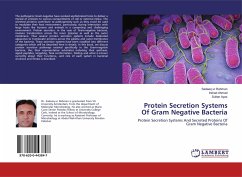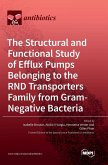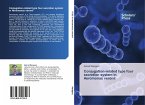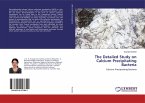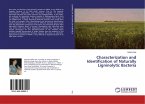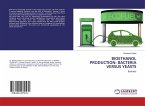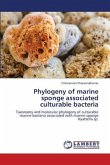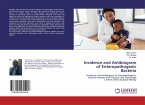The pathogenic Gram-negative have evolved sophisticated tools to deliver a myriad of proteins to various compartments of cell or external milieu. The secreted proteins contribute to pathogenicity such as they could be used to modulate their host environment, particularly, during interaction with large hosts like humans and animals in a competing and challenging environment. Protein secretion, in the case of Gram-negative bacteria, involves translocation across the inner (plasma) as well as the outer membrane. Thus several protein secretion systems include dedicated apparatus to translocate proteins across the plasma and outer-membranes of the bacteria. These secretion systems have been classified into different categories which will be described here in details. In this book, we discuss protein secretion pathways evolved specifically in the Gram-negative bacteria; the; their representative substrates including their synthesis, signal peptides, targeting, final conformation, folding and what is known currently about their functions,, and role of each system in bacterial virulence and fitness is described.

